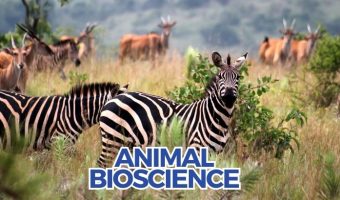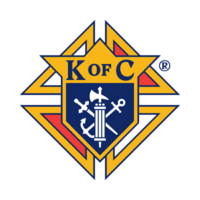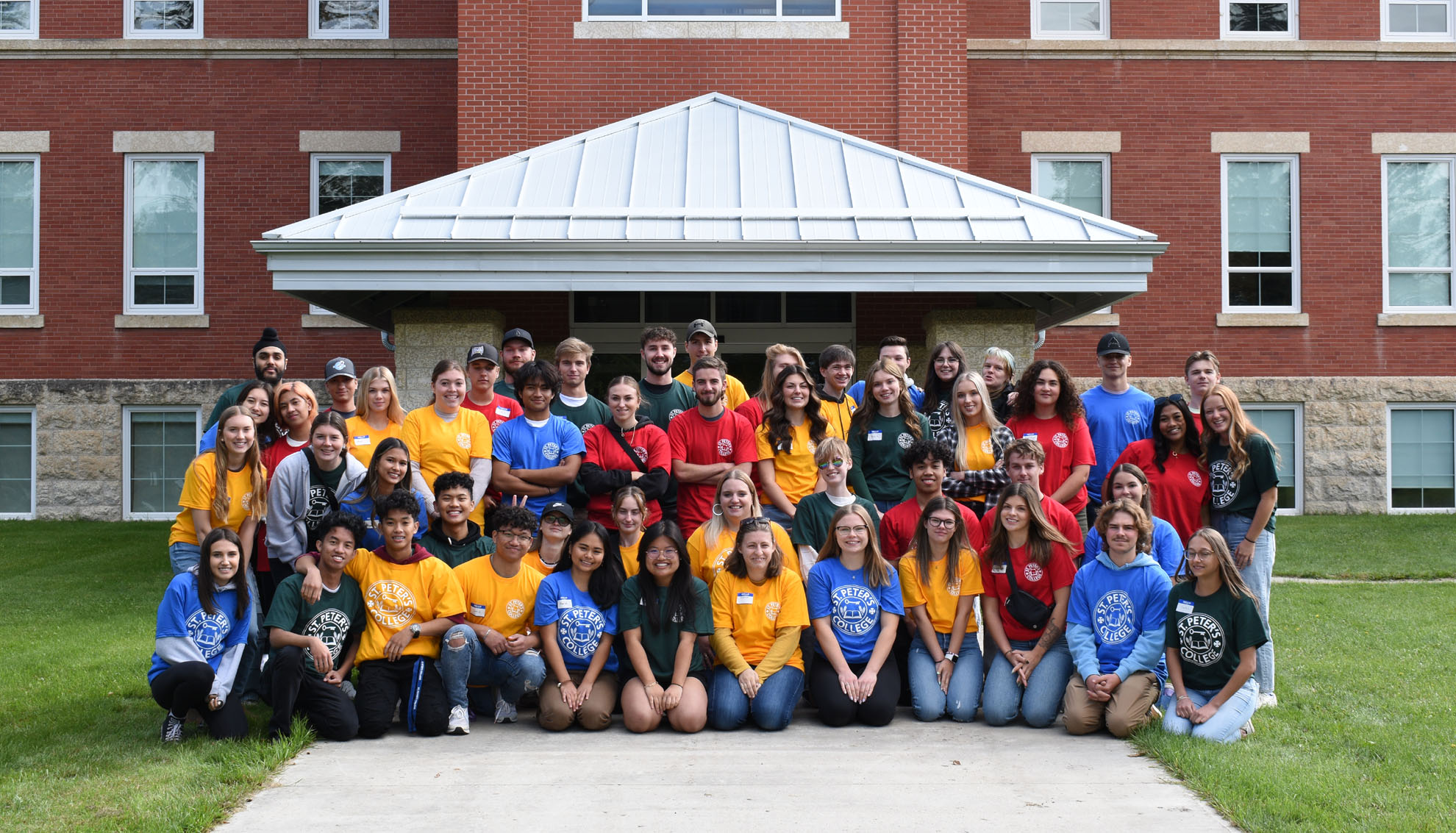Animal Bioscience
About This Program
The BSc (An.Biosc) is the study of animal metabolism, genetics, physiology, nutrition, behaviour, care, health and the social and environmental impact of domestic animals.
Upon completion of the first year, many St. Peter’s College students move to the U of S main campus to continue their studies. In some instances, students can complete the second year of studies with St. Peter’s College. St. Peter’s students must meet the same promotion standards as U of S students in order to move into the second year of study. Please contact Student Services for more information on promotion standards. Further information on this program can be found directly on the University of Saskatchewan’s website.
What you will Learn
Do you have an interest in domestic animals? You will have opportunities to learn through experience in working with animals. This program meets the pre-veterinary medicine requirements and prepares you to work in fields outside of traditional animal agriculture including biomedical sciences, companion, equine and research animal care, animal health and environmental sciences.
First Year Classes
| Term 1 | Term 2 |
|---|---|
|
|
** IT IS RECOMMENDED THAT THOSE LOOKING TO APPLY TO VETERINARY MEDICINE AT THE END OF THE SECOND YEAR TAKE BIOL 121.3
Tuition Estimates
| Canadian | International | |
| Tuition | $7,039 | $25,806 |
| Fees | $300 | $300 |
| Books | $1,000 – $1,500 | $1,000 – $1,500 |
| Total | $8,339 – $8,839 | $27,106 – $27,606 |
Tuition will vary depending on the type and number of classes you take in a year. This estimate reflects a typical amount you could expect to pay in your first year if you enroll in a full course load, the maximum number of courses allowed.
Fees are used to fund specific student benefits.
The cost of books and supplies varies widely depending on the courses you choose. It is recommended that you budget between $1,000-$2,000 per year.
*BASED ON THE RATES DISPLAYED ON OUR TUITION PAGE
Careers
Graduates will choose from a diverse set of career choices in government, non-government organizations and the private sector including:
- Animal pharmaceutical sales and clinical trial testing
- Environmental impact assessment of wild and domestic animal interactions
- Laboratory testing and development of DNA tests for animal traits related to health and performance
- Animal welfare positions within and outside government, such as the SPCA, cities and rural municipalities
- Product development and sales for the growing pet care industry
- Research animal care and management
The B.Sc. (Animal Bioscience) is a highly useful and marketable background for studies in other areas including veterinary medicine and medicine.
Graduates also have excellent prospects as Masters students at the U of S and at universities across North America and internationally.
Admission Requirements and Deadlines
Deadlines
St. Peter’s College Deadline:
Students already accepted into their program at the University of Saskatchewan may begin classes at St. Peter’s College anytime before the deadline for registration changes (mid-September and mid-January)
University of Saskatchewan Deadline:
The full list of deadlines for each college at the University of Saskatchewan can be found at the programs specific requirements and deadlines page on their website.
Required High School Classes
-
- Biology 30
- Chemistry 30
- Foundations of Mathematics 30 or Pre-Calculus 30
Students can be admitted into this college with one subject deficiency that must be cleared before the second year of study.
The high school classes that are required for admission purposes are not always the same as classes you will need to complete the degree program you choose. For example, if you want to minor in chemistry, you will need high school chemistry to take your first-year university classes.
Required Grade Average
Applications are considered up until the deadline. Admission is offered on an ongoing basis until all seats are filled. Applicants who do not meet the admission average but otherwise qualify for admission may be placed on a waitlist.
At the discretion of the college, applicants who had been placed on a waitlist may be offered admission based on their place in the waitlist (determined by admission average).
Minimum admission average: 70%
Learn how we calculate your admission average. If you do not meet the minimum admission average, you may be considered for the Transition Program or for special (mature) admission.
English Proficiency
If your first language in not English, you may have to prove proficiency in English before admission. It is expected that applicants interested in this program are fluent in English.
Ready to apply?
Students must apply and be accepted to the University of Saskatchewan and St. Peter's College. The University of Saskatchewan requires a non-refundable application fee of $90 CDN before your application will be processed. St. Peter's College will process your application at no charge.
Search
Related Programs













